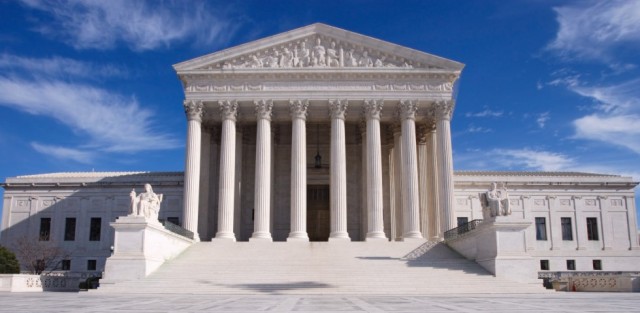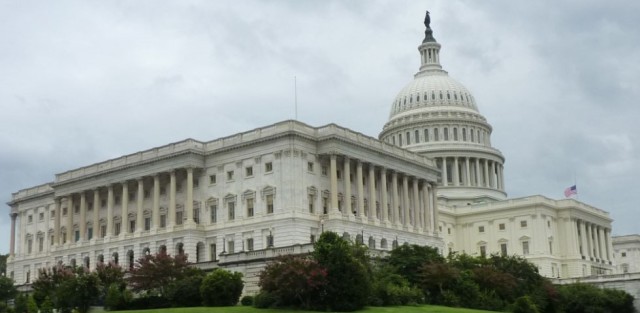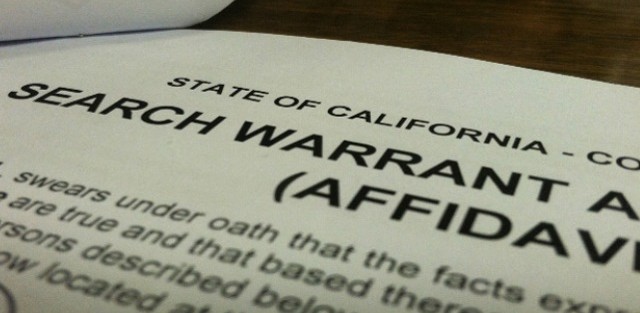European Court of Justice rules against UK on data retention

The Court’s answer is that EU law precludes national legislation that prescribes general and indiscriminate retention of data.

The Court’s answer is that EU law precludes national legislation that prescribes general and indiscriminate retention of data.

A brief examination of relevant U.S. laws suggests that Trump is at the very least encouraging action that violates U.S. law, because computer hacking generally (whether perpetrated by domestic or foreign actors) is illegal.

What’s unfortunate about this case is that it in no way addresses very real questions about responsibility for the establishment and maintenance of data integrity.

Privacy advocates and industry groups oppose the new legislation for many of the same reasons that led to the demise of the Cyber Intelligence Sharing and Protection Act (CISPA), but in the wake of a seemingly unending string of major data breaches and cyber intrusions, it appears likely that Congress will get a bill to the the president for signature.

The split among appellate courts on the privacy of cell site location data raises the likelihood that the issue will need to be addressed by the U.S. Supreme Court.

After a full 11-judge en banc panel of the U.S Court of Appeals for the 11th Circuit reversed a ruling made last June by a 3-judge panel of the same Court, deciding that government law enforcement…

The decision cites multiple Supreme Court precedents holding that individuals cannot have a reasonable expectation of privacy for records (in this case, cell tower location data) owned and maintained by a third-party business.